What skills do employers want in electricians?
Employers look for both technical skills and people skills. Technical skills include knowing about electrical systems, reading blueprints, and understanding safety rules. People skills like good communication, problem-solving, and teamwork are also important.
Related FAQs
State licensing exams include voltage drop calculations, load calculations, wire sizing, conduit fill percentages, and power formulas using Ohm's Law. Most exams allow calculators and focus on applying formulas rather than memorizing them.
Electricians use basic arithmetic for measurements, algebra for Ohm's Law (V = I × R), percentages for NEC code calculations like the 80% continuous load rule, and geometry for conduit bending and layout planning.
No. Standard electrician roles never require calculus. You'll use basic arithmetic, algebra, geometry, and occasional trigonometry—calculus only appears in electrical engineering positions involving complex power system design.
The IBEW aptitude test covers algebra and functions—33 questions in 46 minutes without a calculator. Expect solving for unknowns, working with fractions and decimals, and number series problems at a high school algebra level.
Yes, you can. Many successful electricians struggled with math in school but learned through hands-on apprenticeship training where calculations connect to real electrical work, making concepts easier to grasp.
Atlanta has the highest concentration of construction staffing agencies, followed by Savannah, Augusta, and Macon. Most major agencies like Tradesmen International, PeopleReady, and Trillium operate offices across multiple Georgia cities to serve contractors statewide.
Yes, reputable construction staffing agencies handle workers' compensation insurance, general liability, and payroll taxes as part of their service. This administrative coverage is included in their markup fee, whether you're hiring through traditional agencies or direct-hire platforms.
Traditional agencies typically need 1-3 weeks for phone calls, worker assignment, and coordination. Direct-hire platforms like Buildforce let you review worker profiles and send offers instantly, with electricians starting as soon as the next day once they accept.
Temp agencies handle short-term placements where they remain the employer of record and manage all payroll and insurance. Direct hire means you bring the electrician onto your own payroll from day one, paying the agency a one-time placement fee of 15-30% of annual salary instead of ongoing markups.
Most construction staffing agencies in Georgia charge a markup of 40-70% above the worker's hourly rate. For a $30/hour electrician, you'll pay $42-51/hour to the agency, with that markup covering workers' comp, payroll, insurance, and recruiting costs.
Community colleges cost less ($3,500-$8,000) and offer accredited programs but take longer. Private schools are faster (6-12 months) but cost more ($10,000-$20,000). Avoid for-profit schools charging over $20,000—they don't provide better training than community colleges.
Trade school makes sense if you're competing for limited union spots, have financial aid available, or want an electrical theory foundation before working. Skip it if you need immediate income or learn better hands-on than in classrooms.
Yes. Trade school does not replace the required 4,000-8,000 hours of supervised work experience. States mandate apprenticeship training regardless of your education level, but trade school hours may count toward some of those requirements.
Most programs take 6-24 months depending on full-time or part-time enrollment. Full-time accelerated programs run 7-12 months with 700-900 classroom hours. Part-time evening programs take 18-24 months for working students.
Community college programs cost $3,500-$8,000 for 6-24 months of training. Private trade schools charge $10,000-$20,000 for accelerated programs. Add $450-$650 annually for books and $300-$500 for basic tools.
No you are never too old for an electrician apprenticeship. Many people start electrical careers in their 20s, 30s, or later after working in other fields. The same requirements apply regardless of age.
You'll take an aptitude test covering basic math and reading comprehension. There are no SAT or ACT requirements. Programs test your ability to handle algebra, fractions, and technical reading, not college-level academics.
Most apprenticeships require you to be 18 and have your diploma before you start working. Some trade schools accept students at 17, but you cannot begin earning money as an apprentice until you turn 18.
No. You need a high school diploma or GED and must be 18 years old to start an apprenticeship. College is not required, and apprenticeships pay you from day one instead of costing tuition.
NABCEP PV Installation Professional certification is the most recognized credential in solar. OSHA 30 safety training is often required before you can work on-site. Manufacturer certifications for major inverter brands like SMA, Schneider Electric, and ABB help you stand out. First Aid/CPR certification is useful for remote locations. Your electrician license remains the most important credential—certifications supplement it but don't replace it.
It depends on whether you work construction or maintenance. Construction electricians often travel between project sites for months at a time as new solar farms are built. Maintenance electricians typically work at one facility without traveling. Some positions involve regional travel between multiple solar farms owned by the same company. Operations and maintenance roles generally involve less travel than construction work.
Yes. Many solar farm electricians come from traditional construction backgrounds. You need to learn photovoltaic systems and renewable energy equipment. Solar training courses help. NABCEP certification strengthens your credentials. Start with smaller solar projects to build experience. Your electrical license and high-voltage experience from construction already make you qualified—you just need to add solar-specific knowledge.
Working outdoors in extreme weather challenges most electricians. Summer temperatures exceed 100°F in places like Texas and Arizona. Winter brings cold and wind. You need good physical fitness—the job involves climbing, lifting equipment, and standing all day. Troubleshooting electrical faults across thousands of panels can be mentally taxing. Some electricians struggle with remote solar farm locations that feel isolated from towns and cities.
Scale is the biggest difference. Solar farms have thousands of panels spread across acres of land instead of a few dozen on a rooftop. You work with high-voltage industrial equipment and connect systems directly to utility grids rather than individual homes. The work emphasizes maintenance and troubleshooting on large installations. Many states require different licenses for utility-scale work than residential solar. The environment is different too—you work on large outdoor sites at ground level instead of climbing on roofs.
New solar farm construction can slow down in winter in some regions, but maintenance work continues year-round. Once a facility is operational, panels and electrical systems need regular maintenance regardless of season. Operations and maintenance jobs offer the most stable employment. Some electricians work construction during peak building seasons and switch to maintenance work during slower months.
Most solar farm work requires a journeyman or master electrician license. Solar farms use high-voltage equipment and connect to utility grids, so you need the same license required for commercial or industrial electrical work. Your state determines the exact requirements. Some states add solar-specific certifications on top of your standard electrical license. Utility-scale solar work typically requires a higher license level than residential solar installation.
Most agencies support assignments ranging from one day to 6+ months. Workers remain agency employees throughout the assignment, so you avoid the commitment of permanent hires.
Yes, reputable agencies handle workers' compensation insurance, payroll taxes, general liability, and administrative tasks. This coverage is built into their markup rate.
Most agencies charge between 25-40% above the worker's hourly wage, with higher-skilled roles sometimes reaching 50-75%. Markups cover administration, insurance, payroll, and recruiting costs.
Yes, reputable agencies handle workers' compensation insurance, payroll taxes, general liability, and administrative tasks. This coverage is built into their markup rate.
Most agencies charge 40-70% above the worker's hourly wage. A worker earning $30/hour costs you $42-51/hour total, with the markup covering insurance, payroll, and recruiting.
Most agencies support assignments ranging from one day to 6+ months. Workers remain agency employees throughout the assignment, so you avoid the commitment of permanent hires.
Yes, reputable agencies handle workers' compensation insurance, payroll taxes, general liability, and administrative tasks. This coverage is built into their markup rate.
Yes, most agencies allow temp-to-permanent hire arrangements. There's usually a conversion fee (often 10-25% of annual salary) to bring them onto your permanent payroll.
Traditional agencies typically provide replacement workers. With Buildforce, if an electrician doesn't show up or isn't the right fit within the first 8 hours, the contractor will not be charged and a qualified replacement will be sent immediately.
Most agencies will try to place workers within 24-48 hours for urgent needs. Some platforms like Buildforce offer instant booking, where workers can start as soon as the next day.
Most agencies charge 40-70% above the worker's hourly wage. A worker earning $30/hour costs you $42-51/hour total, with the markup covering insurance, payroll, and recruiting.
Electricians need insulated gloves and boots, arc-flash resistant clothing, safety goggles, hard hats, and fall protection harnesses. Ask employers what specialized equipment they provide you.
Getting shocked at some point during an electrician career is common, but serious injuries are preventable. Modern safety equipment, comprehensive training, and strict OSHA regulations have made electrician work significantly safer than it was 40 years ago.
Electricians face a 12.5% higher injury rate than the average worker, but lower than many other construction trades like roofers and construction laborers. The profession ranks as moderately risky with predictable, controllable hazards when proper safety protocols are followed.
Falls are the leading cause of serious electrician injuries, not electrical shock. Electricians work on ladders, rooftops, and elevated platforms to access electrical systems, making fall hazards more common than electrocution in day-to-day work.
Most electricians will experience minor shocks during their careers, but serious electrocution is rare among trained professionals. About 128 out of every 10,000 electricians experience injuries serious enough to miss work each year, with falls causing more injuries than electric shock.
Yes, most job platforms work on mobile devices. The Buildforce app lets you view openings and apply directly from your phone, with notifications when new positions match your profile.
Indeed hosts the most apprentice postings, but specialized platforms like Buildforce and Road Dog Jobs connect you directly with electrical contractors actively hiring. Check multiple sites daily since new positions fill quickly.
No, you don't need previous electrical experience to become an apprentice. Most programs accept candidates straight from high school with just a diploma or GED, basic math skills, and a willingness to learn.
OSHA 30, NFPA 70E electrical safety training, and manufacturer certifications from Schneider Electric or APC strengthen applications. Security clearance opens doors for government facilities, and prior UPS or generator experience helps, though most employers train qualified electricians on their specific systems after hiring.
Industrial electricians from manufacturing, mining, or processing plants already understand the complex three-phase systems, high-voltage equipment, and control systems used in data centers. This background translates directly, making the transition smoother than coming from residential work.
Data center electricians focus on maintenance and reliability in climate-controlled facilities rather than rushing to meet construction deadlines. The work centers on preventive maintenance, troubleshooting three-phase power systems, and keeping facilities running 24/7 instead of installing new systems and moving to the next job site.
Licensing requirements depend on your state and the specific role. Most data center positions require whatever commercial/industrial electrical license your state issues—whether that's Journeyman, Master, or another classification—which proves you can legally work on high-voltage systems. Some entry-level roles accept apprentices working under supervision.
Data center electricians typically earn similarly to or more than commercial and industrial electricians in their area, with better working conditions. Union positions offer higher base wages and comprehensive benefits. Construction roles provide more overtime opportunities, while operations positions offer steadier schedules. Location matters significantly—electricians in high-demand markets command premium wages.
These facilities operate continuously with predictable maintenance schedules rather than project deadlines. The work focuses on keeping existing systems running smoothly instead of rushing to complete new installations.
Yes, industrial electrical experience translates well to water treatment work. Many utilities consider construction electricians for their hands-on troubleshooting skills and electrical knowledge.
Competition exists but opportunities are growing due to infrastructure investment and retiring workers. Many utilities hire experienced electricians and provide specialized training rather than requiring prior water treatment experience.
Water treatment electricians specialize in industrial control systems like PLCs, VFDs, and SCADA that manage treatment processes. They work in a more predictable environment focused on maintenance rather than new installations.
Most positions require a standard electrical license plus knowledge of industrial controls, though requirements vary by state. Some employers prefer water treatment operator certifications but will train qualified electricians on the job.
NCBEEC does not limit the number of hours you can count toward your license requirements each year. All documented hours may be counted, regardless of how many you earn in a single year.
Use the NCBEEC Employer Statement Form for each employer where you gained electrical experience. Keep detailed records of your work hours, pay stubs, employment history, and distinguish between primary and secondary experience types.
If you can't reach your former supervisor, contact the electrical contractor they worked for or use the company's HR department for employment verification. You can also reach out to NCBEEC at (919) 733-9042 for guidance on alternative verification methods.
Your hours must be verified by a licensed electrical contractor or qualified individual who supervised your work. If you can't reach your former supervisor, try contacting the electrical contractor they worked for or the company's current management.
You need 4,000 hours for a Limited license, 8,000 hours for Intermediate, or 10,000 hours for Unlimited. Primary experience counts at full value while secondary experience receives reduced credit based on the type of work performed.
Incomplete applications may be withdrawn if deficiencies are not corrected within 60 days, requiring you to restart the entire application process.
Georgia typically processes reciprocity applications within 20 business days, but timing can vary based on individual circumstances and application volume.
Georgia does not have journeyman electrician licenses; the state only licenses electrical contractors, who can then employ electricians.
Georgia has reciprocity agreements with five states: Alabama, Louisiana, North Carolina, South Carolina, and Tennessee.
No, Georgia waives the examination requirement for electrical contractors from Alabama, Louisiana, North Carolina, South Carolina, and Tennessee who meet reciprocity requirements.
Georgia does not limit the number of hours you can count toward your license requirements each year. All properly documented electrical experience can be counted regardless of how many hours you earn annually.
Keep detailed records of your work experience and submit them directly to the Georgia Construction Industry Licensing Board when applying for your contractor license. Include employer information, dates, total hours, and verification letters from licensed contractors who supervised your 8,000 required training hours.
If you can't reach your former supervisor, contact the electrical contractor's main office or current management for employment verification. You can also reach the Georgia Construction Industry Licensing Board at (844) 753-7825 for guidance on alternative documentation methods.
Your hours must be verified by licensed electrical contractors who supervised your work. You'll need detailed documentation, including their license numbers, dates of employment, and specific types of electrical work performed.
You need 8,000 hours (four years) of electrical experience under a licensed contractor for both Class I and Class II licenses. Georgia does not have separate journeyman licensing like other states.
Union programs like IBEW 613 typically offer higher wages and comprehensive benefits but are more competitive to enter. Non-union programs like IEC provide more flexibility and year-round enrollment but may have lower starting wages.
You must be 18 years old (or 16 with high school work-based learning approval), have a high school diploma or GED, and pass basic math requirements. Most programs also require a valid driver's license and physical ability to perform electrical work.
Most Georgia electrician apprenticeships require four years, combining 8,000 hours of paid on-the-job training with 576 hours of classroom instruction. IBEW union programs may extend to five years depending on the specific track.
Electrician apprentices in Georgia start at $15-18 per hour with most doubling their wages within four years. Entry-level positions require no prior experience, making this an accessible career path with strong earning potential.
Yes, technical training from accredited colleges or manufacturer programs can substitute for up to 2 years of the 4-year experience requirement.
No, Arizona has no continuing education requirements for electrical contractor licenses, unlike most other states.
The qualifying party must be regularly employed by the business and have the necessary 4 years of electrical experience to supervise the work covered by the license classification.
R-11 covers residential electrical work only, C-11 handles commercial electrical under 600 volts, and CR-11 is a dual license allowing both residential and commercial work.
Arizona requires 4 years of practical or management trade experience, with at least 2 years within the last 10 years before applying.
Florida electrical contractor licenses expire every two years on August 31 of even-numbered years and require 11 hours of continuing education for renewal.
Yes, DBPR contractor licenses have multiple pathways, including 3 years of management experience, 4 years of supervisor experience, or 6 years of comprehensive training, with 40% in 3-phase work.
Certified licenses allow you to work anywhere in Florida and are issued by DBPR, while registered licenses restrict you to specific municipalities where you hold local certifications.
Licensed electrical contractors who supervised your work must complete employment verification forms and provide W-2s to document your experience.
Most Florida municipalities require 8,000 hours of electrical work experience plus 144 hours of classroom instruction per year during your apprenticeship.
Florida does not have statewide journeyman or master electrician licensing. These certifications are issued by local municipalities through Construction Trades Qualifying Boards. Only electrical contractor licenses are issued at the state level through the Department of Business and Professional Regulation.
No prior electrical experience is required for most Florida apprenticeship programs. You typically need to be 18 years old with a high school diploma or GED, pass aptitude tests and drug screening, and demonstrate physical capability for electrical work.
Electrician apprentices in Florida typically start around $15-20 per hour, with wages increasing progressively as they complete training milestones. Most apprentices earn annual salaries ranging from $35,000-$55,000 while learning, making it possible to support themselves during the four-year program.
Yes, Colorado participates in the National Electrical Reciprocal Alliance (NERA) and grants reciprocity to journeyman electricians from participating states who have held active licenses for at least one year and passed state examinations.
Colorado requires four years of apprenticeship training (8,000 hours on-the-job plus 288 classroom hours) to qualify for journeyman licensing. After completing training, you must pass the state exam administered by PSI with a 70% passing score.
No prior electrical experience is required for most Colorado apprenticeship programs. You need to be 18 years old with a high school diploma or GED, pass basic math and aptitude tests, and demonstrate physical capability for electrical work.
Electrician apprentices in Colorado typically start around $24-36 per hour, with wages increasing progressively as they complete training milestones. Most apprentices earn full-time salaries while learning, making it possible to support themselves during the four-year program.
The Colorado Department of Regulatory Agencies (DORA) does not limit the number of on-the-job training hours you can count toward your license requirements each year.
Use the DORA Affidavit of Experience form for each employer, and keep detailed records of your work hours, pay stubs, and employment history.
If you can't reach your former supervisor, try contacting the electrical contractor they worked for or use the DORA license search tool to find their current contact information.
Your hours must be verified by a licensed electrical contractor who supervised your work using the DORA Affidavit of Experience form.
You need 8,000 hours of on-the-job training under a licensed electrician, but you can apply for the exam after completing the required hours within four years.
Grandfathered licenses without state-administered examinations do not qualify for Colorado reciprocity under NERA rules.
You must have held your current journeyman or master electrician license for at least one year in good standing.
Colorado's NERA reciprocity agreements apply only to journeyman electrician licenses, not master electrician licenses.
Colorado has reciprocity agreements with 14 states through NERA: Alaska, Arkansas, Idaho, Iowa, Minnesota, Montana, Nebraska, New Hampshire, New Mexico, North Dakota, Oklahoma, South Dakota, Utah, and Wyoming.




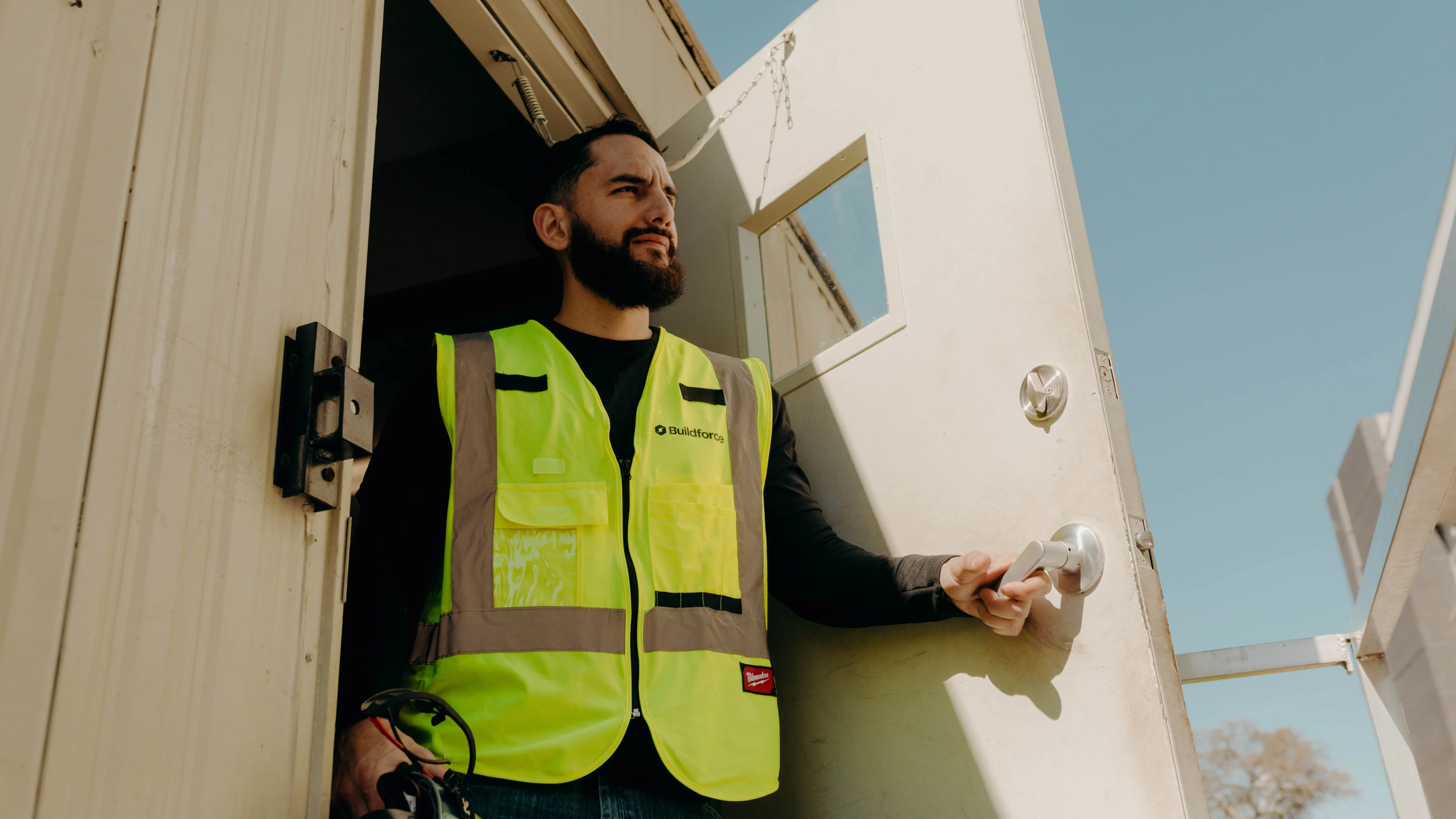




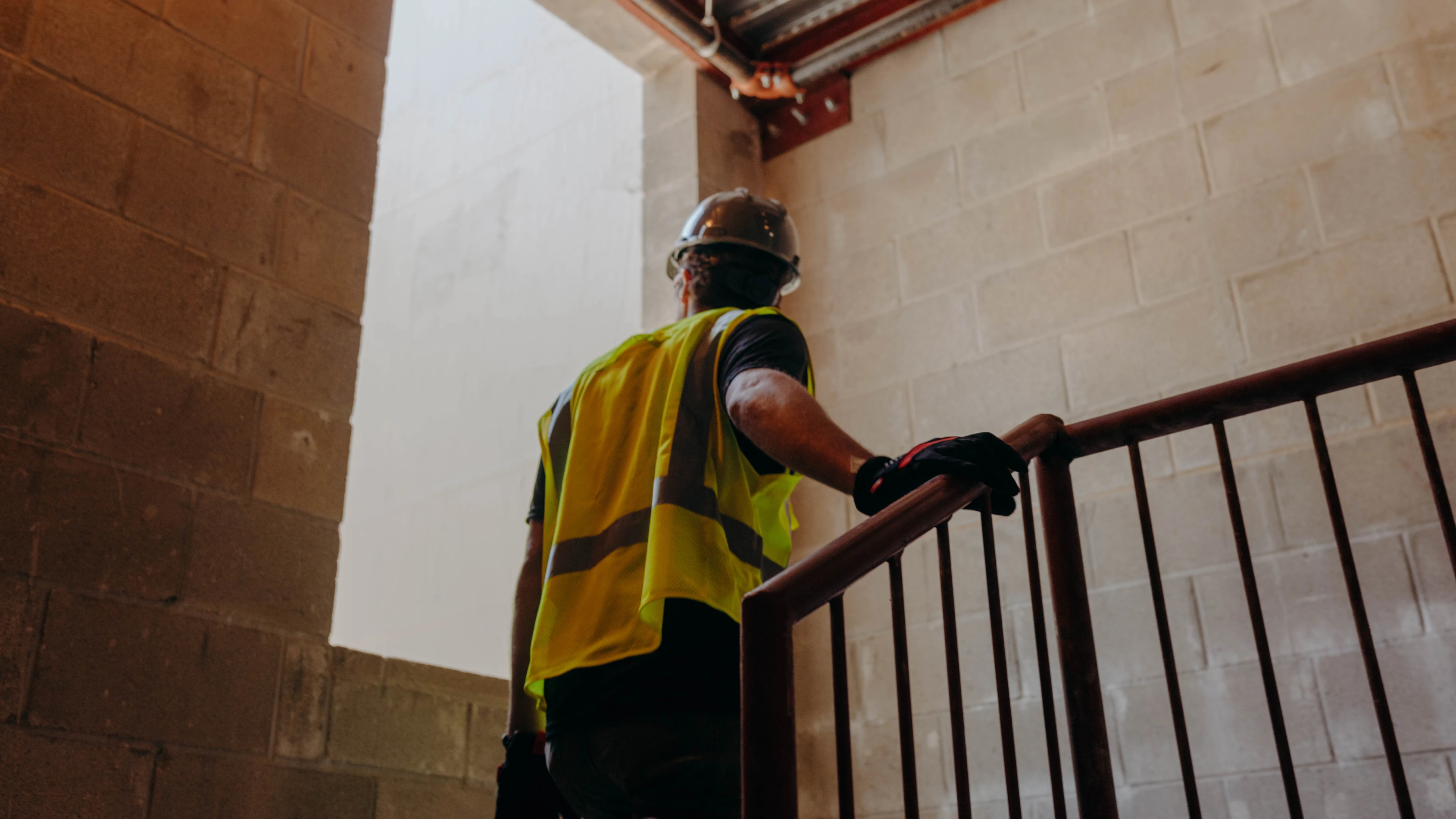



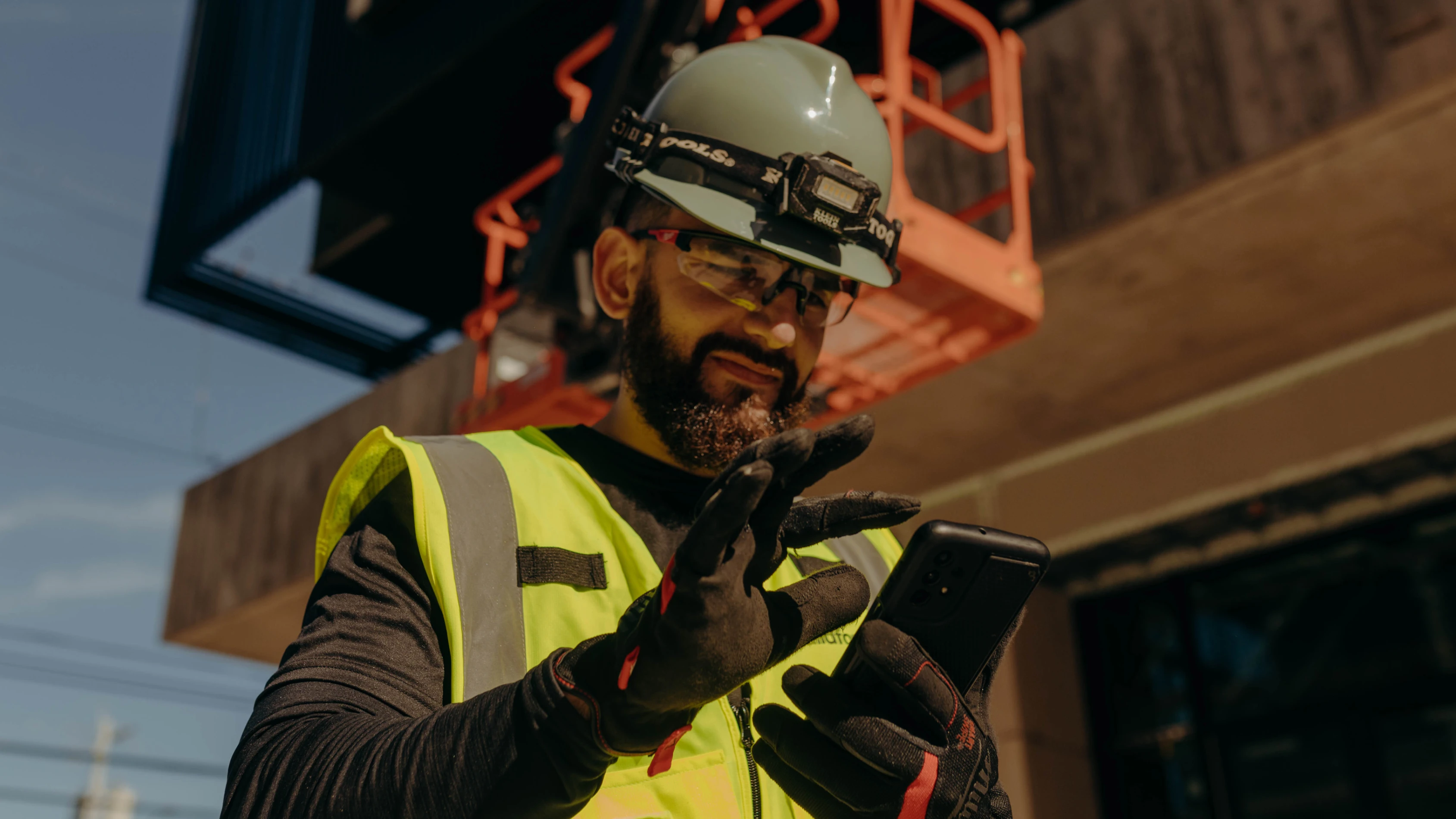





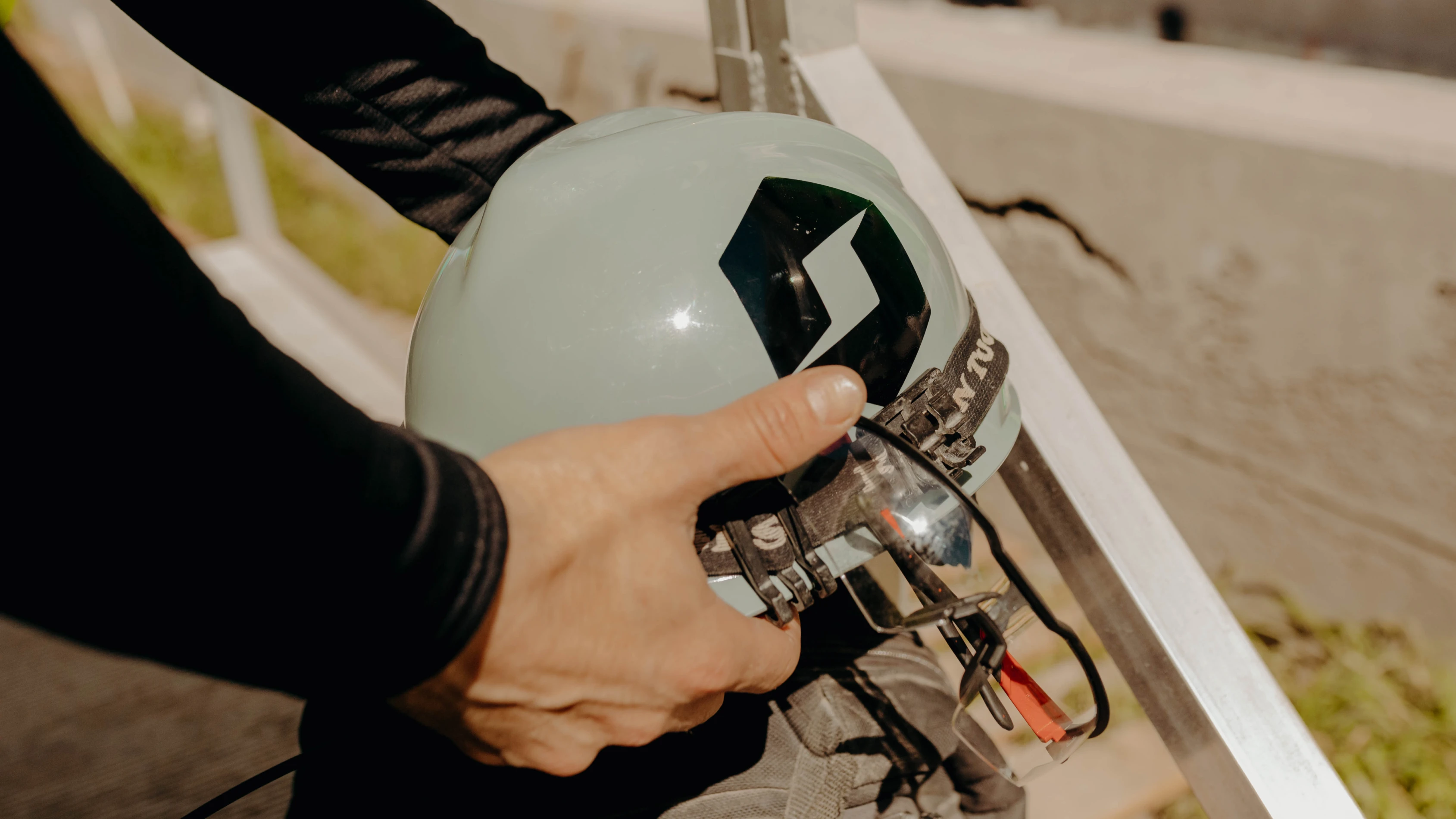
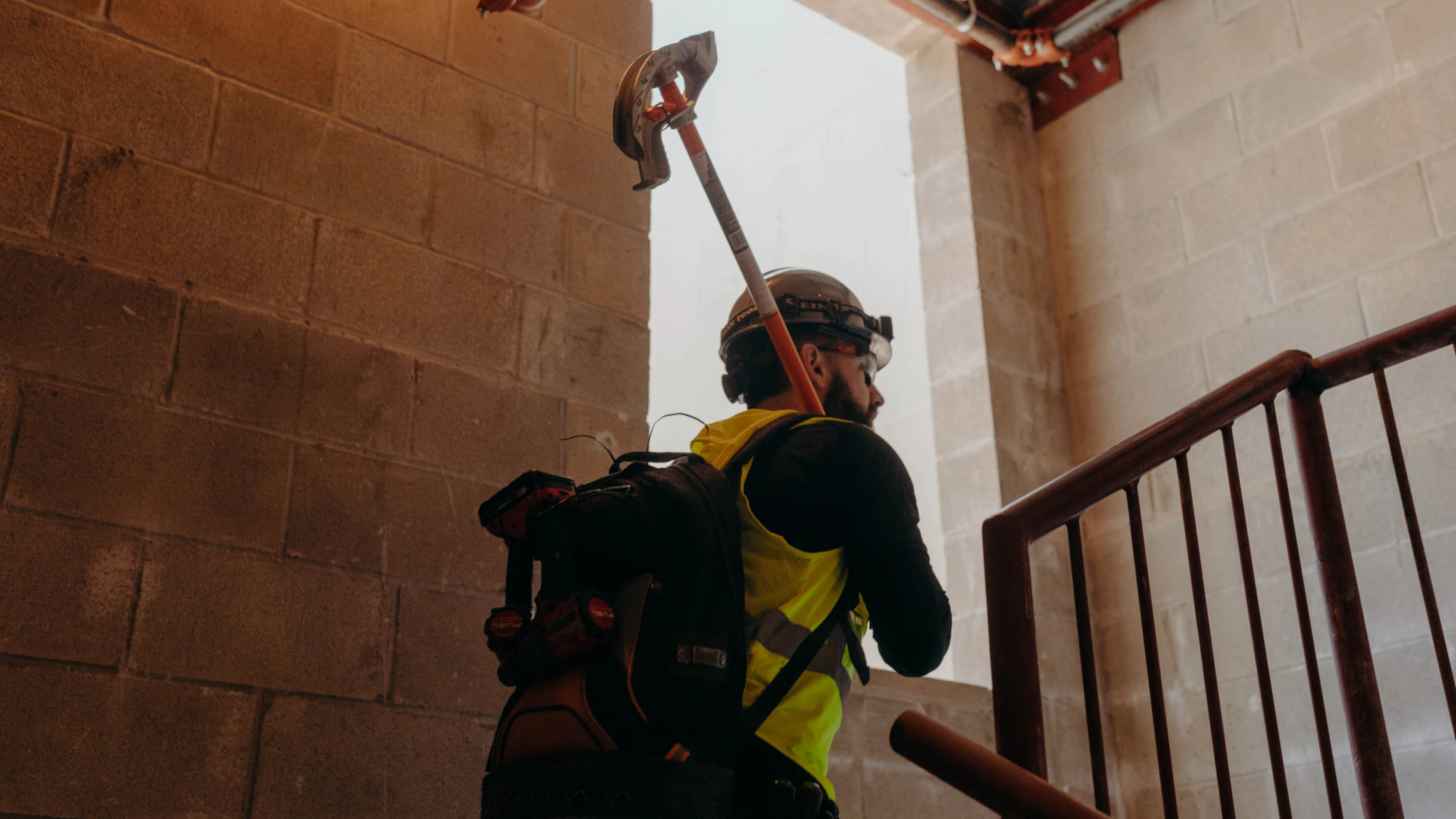





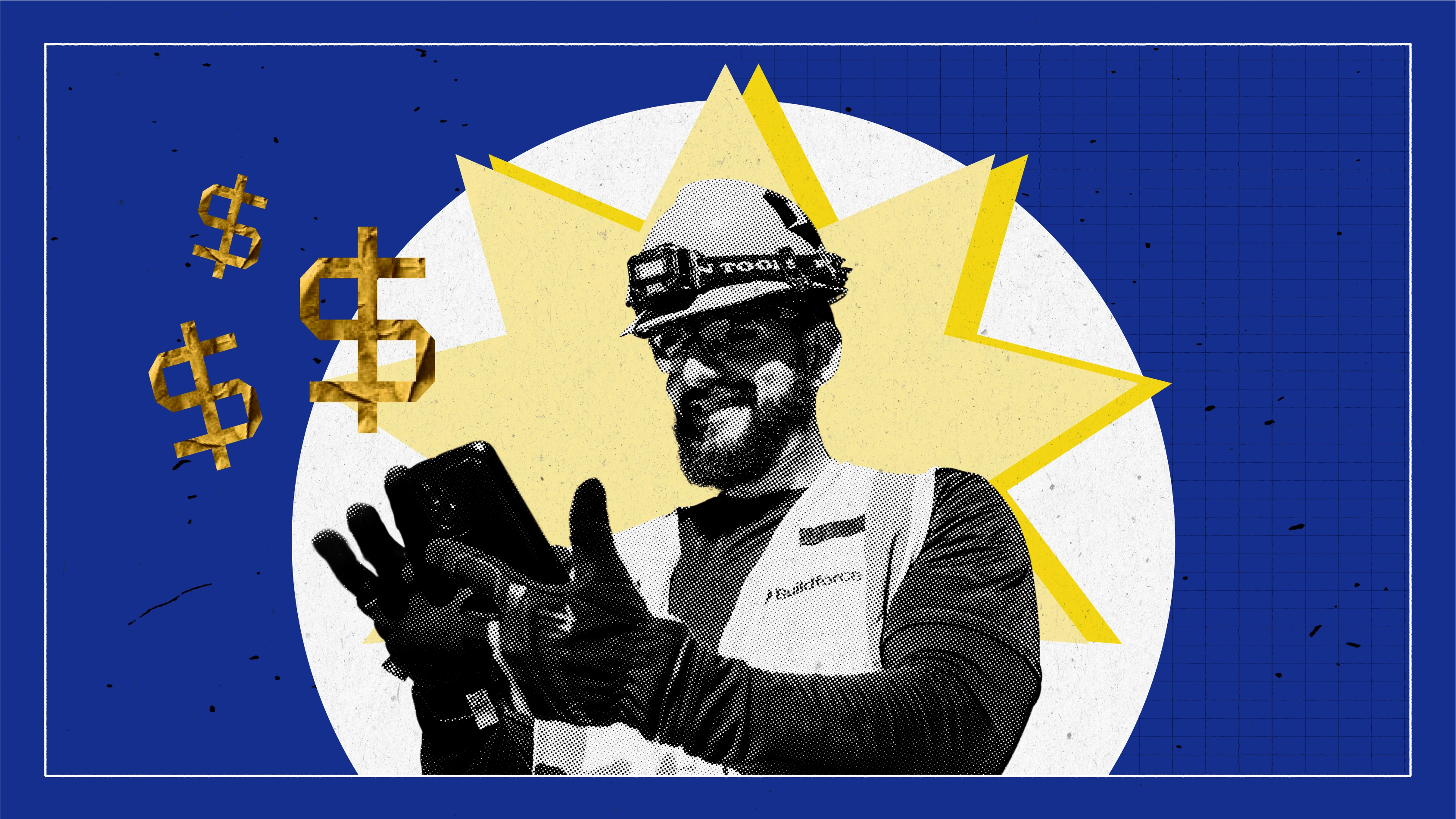













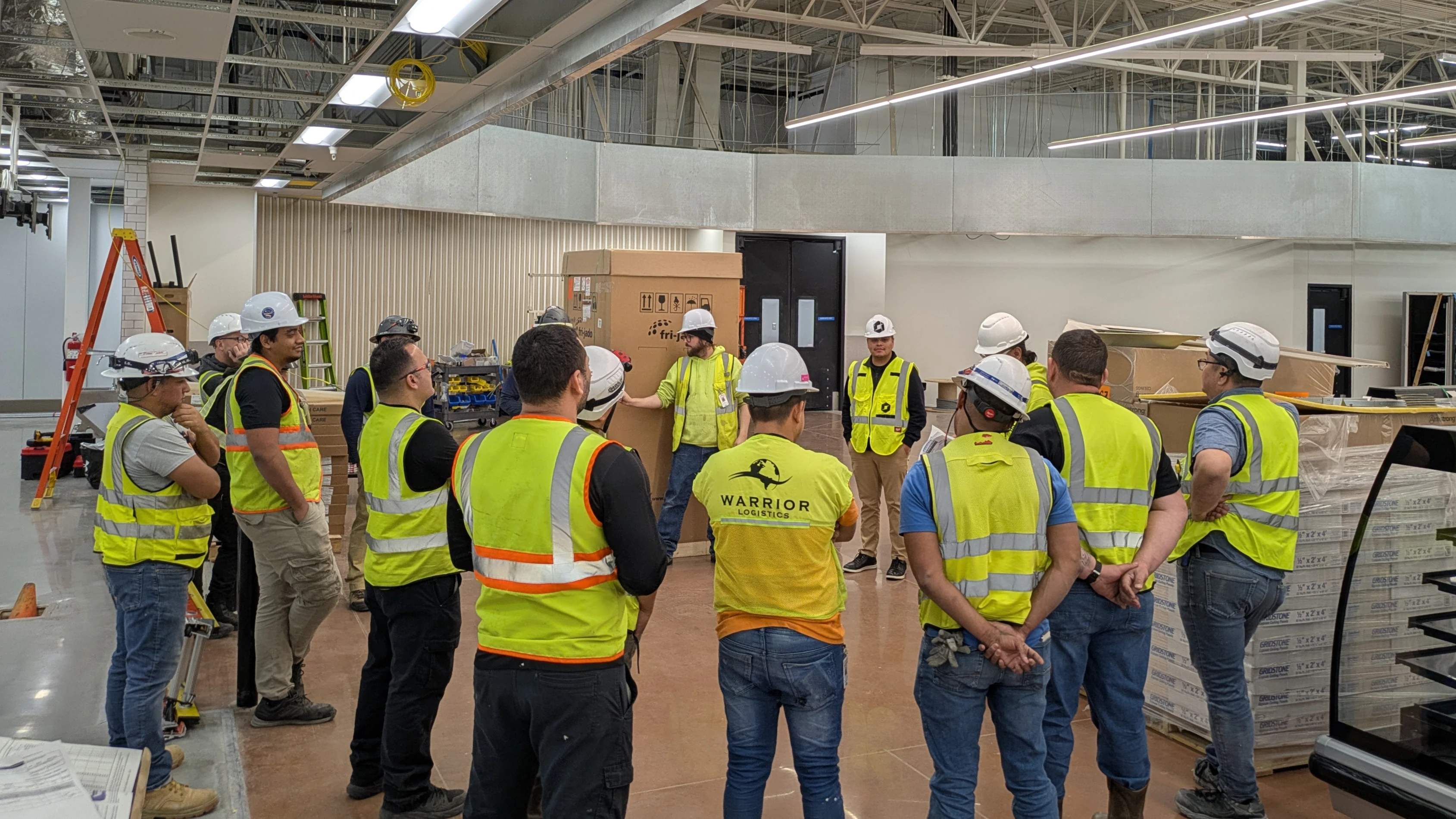

















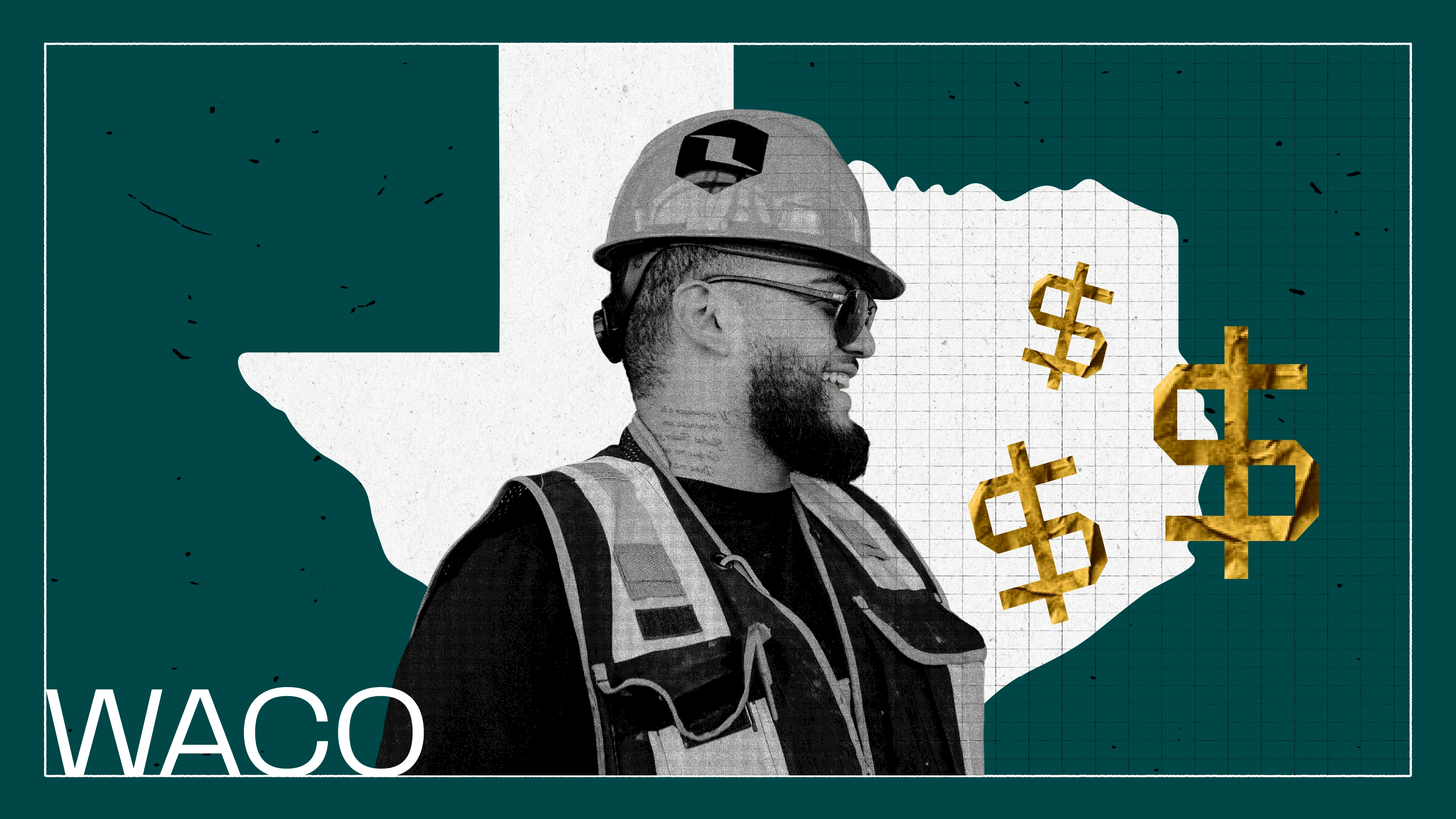
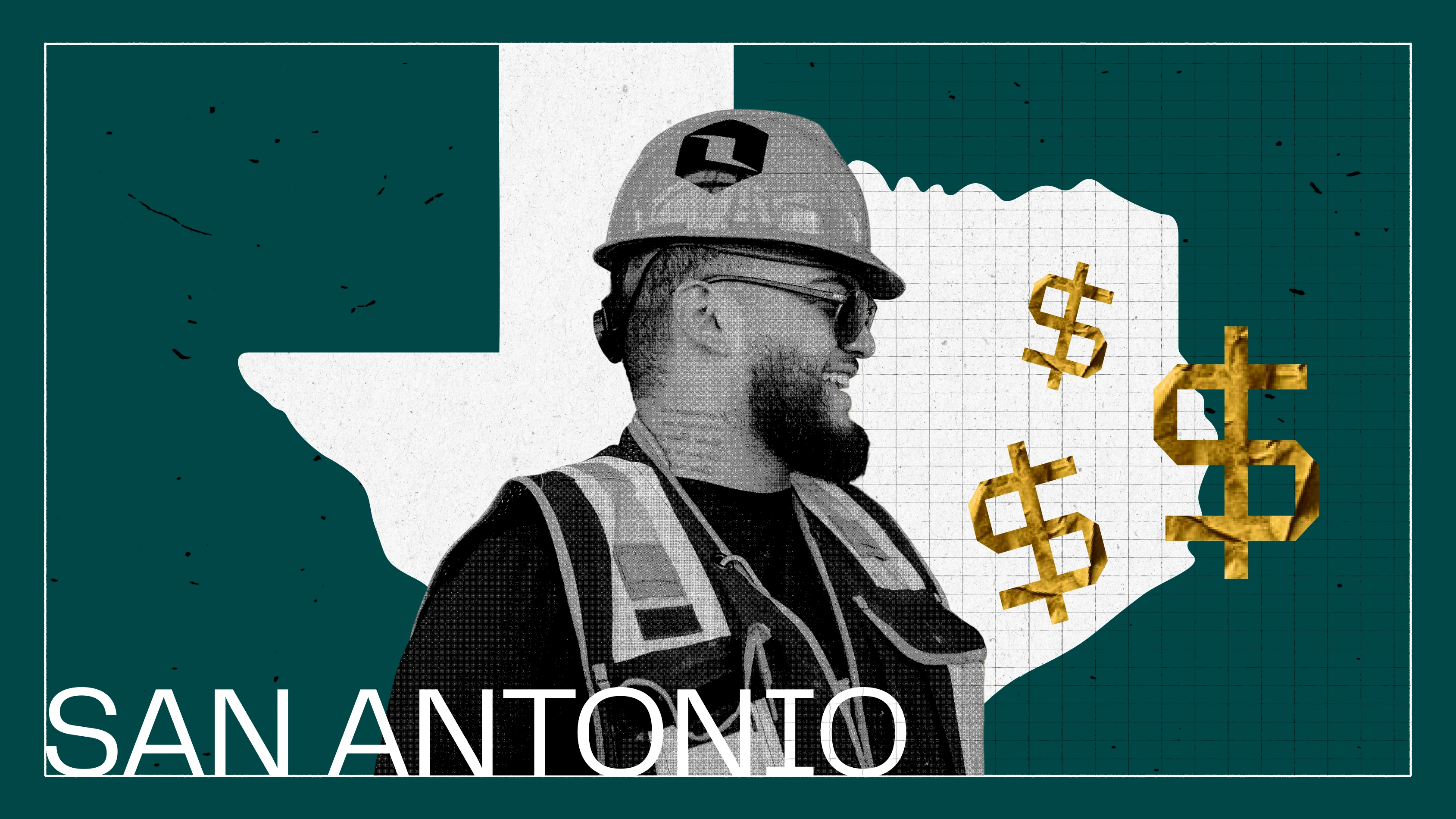
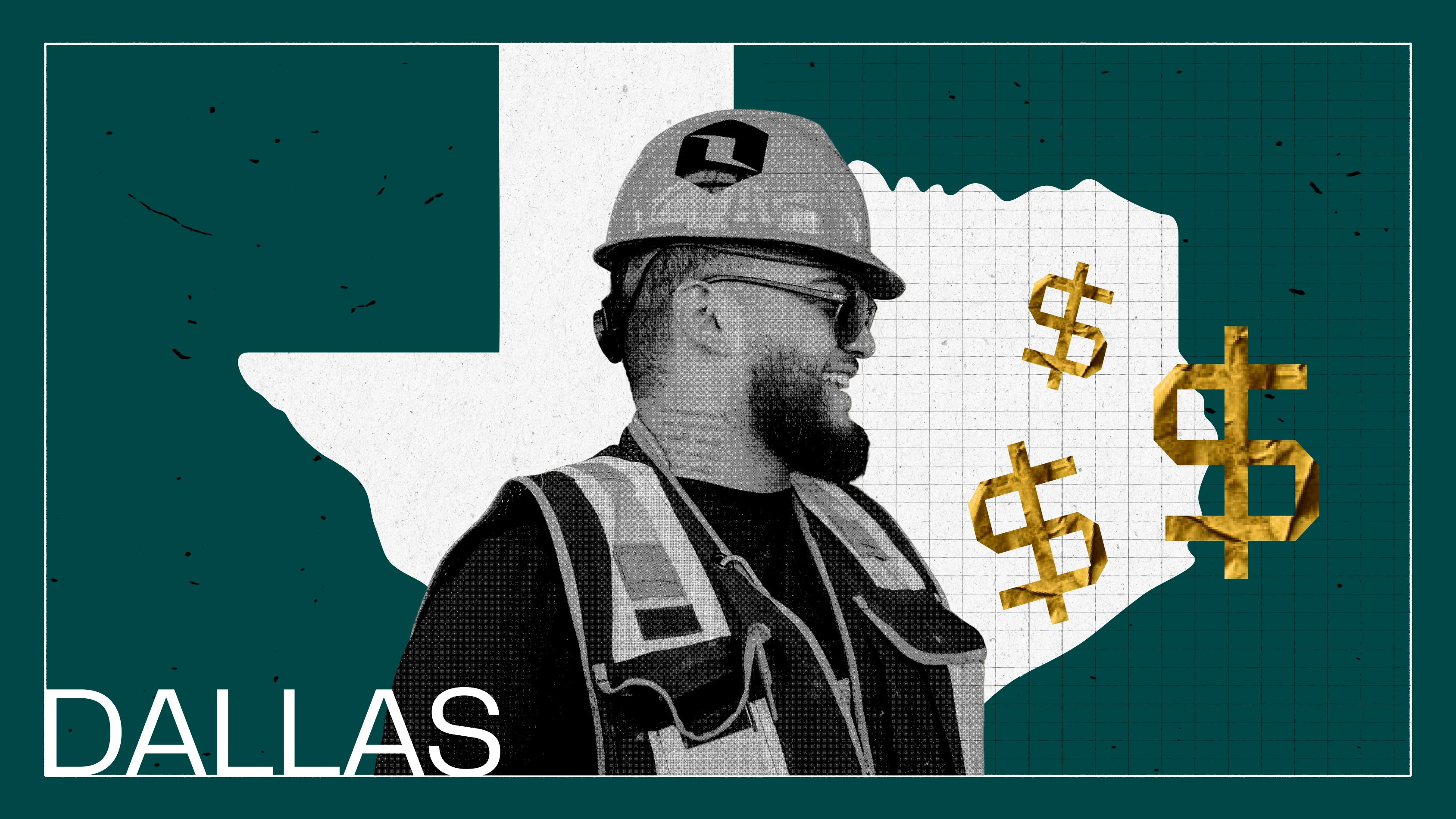
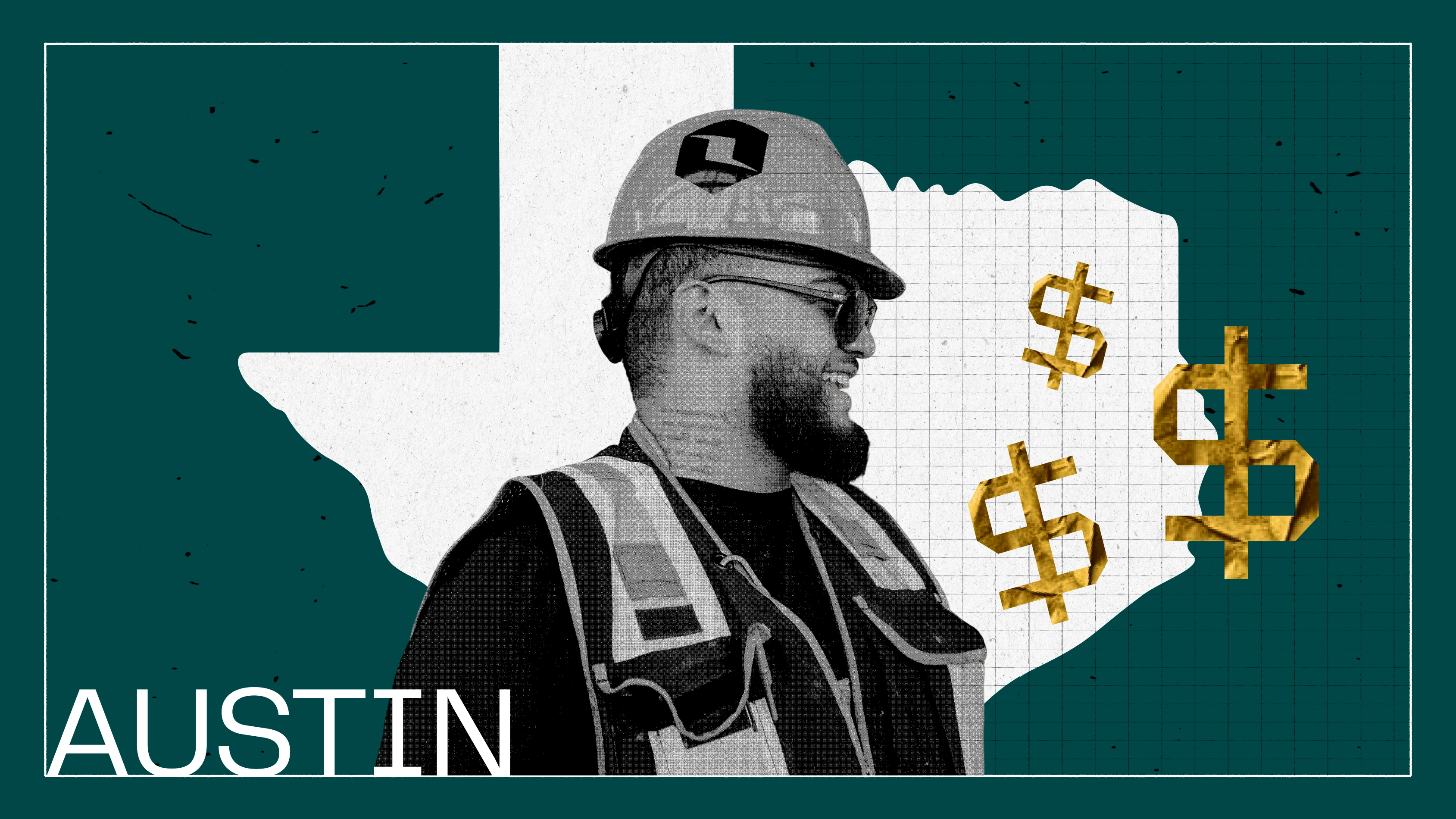
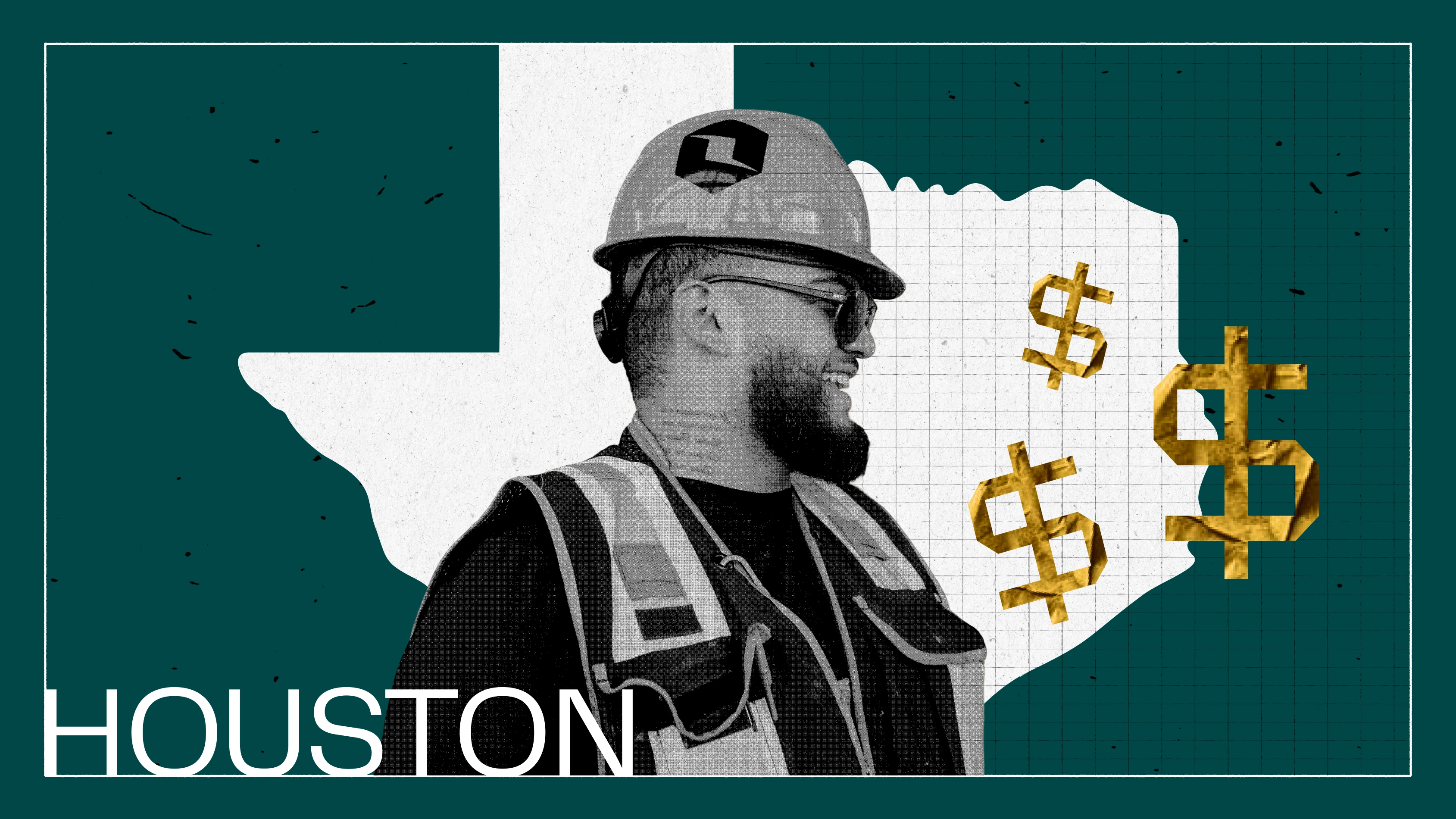

























%20Forms%20for%20Electrical%20Contractors_banner.webp)





%20For%20Texas%20Electricians_banner.webp)




